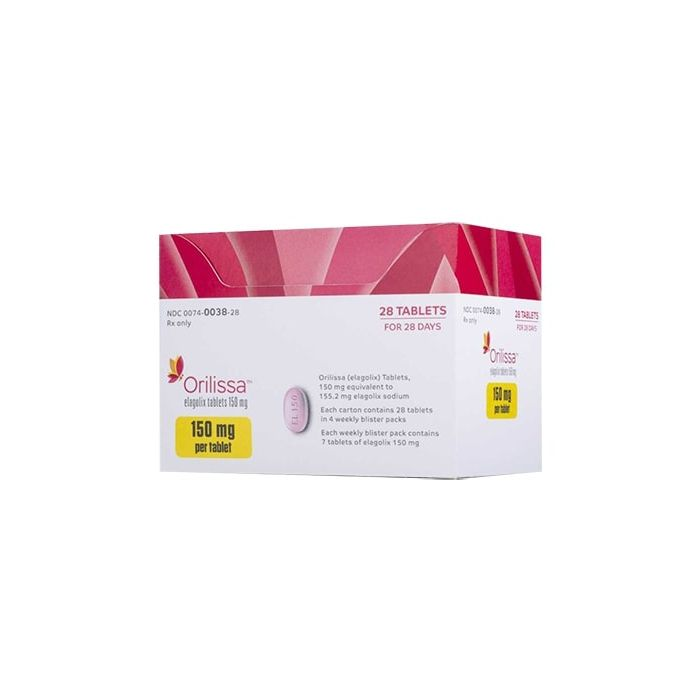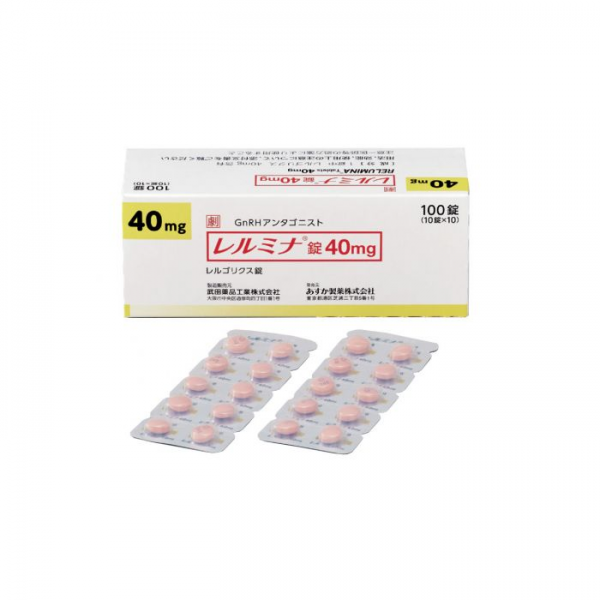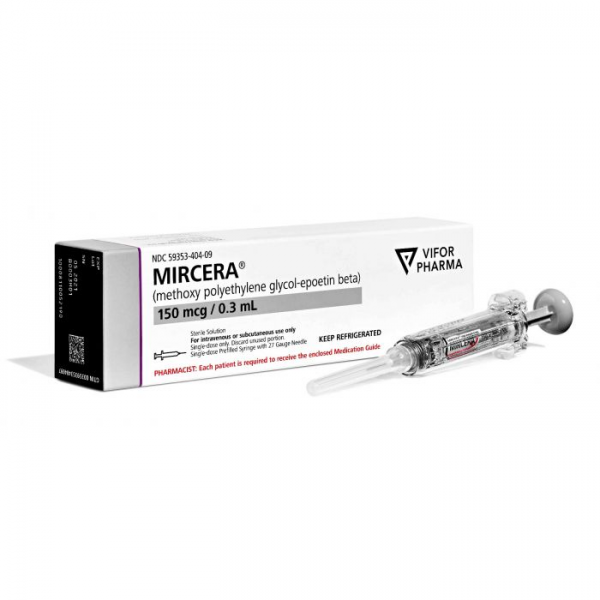What is Orilissa (elagolix)?
Orilissa (elagolix) is a medicine indicated for the management of moderate to severe pain associated with endometriosis. It is available in tablet form, with each tablet containing 150 mg or 200 mg of elagolix[1].
How does Orilissa (elagolix) work?
Endometriosis is a painful disorder which develops when the inner layer of the uterus — the endometrium — grows in other places such as the fallopian tubes, ovaries or along the pelvis.
The dislocated tissue grows, thickens, breaks down and bleeds with each menstrual cycle as if it were still located in the uterus[2].
The active ingredient in Orilissa, elagolix, is a gonadotropin-releasing hormone (GnRH) receptor antagonist which suppresses the production of ovarian-stimulating GnRH hormones (luteinising and follicle-stimulating hormone), lowers the oestrogen level and stops menstruation[1,3].
Where has Orilissa (elagolix) been approved?
Orilissa (elagolix) was approved for the management of moderate to severe pain associated with endometriosis by:
Please note that this medicine may have also been approved in other regions than the ones we’ve listed. If you have a question about its approval in a specific country feel free to contact our support team.
How is Orilissa (elagolix) taken?
The standard dosage is[1]:
- 150 mg taken orally once daily up to 24 months for patients with mild hepatic impairment
- 150 mg taken orally once daily up to 6 months for patients with moderate hepatic impairment
- 200 mg taken orally twice daily for patients with dyspareunia (painful sexual intercourse).
Adjustment in dose may be required based on symptoms and experienced side effects.
Complete information about Orilissa (elagolix) dosage and administration can be found in the official prescribing information listed in our references section.
Note: Please consult with your treating doctor for personalised dosing and potential drug interactions.
Are there any known side effects or adverse reactions of Orilissa (elagolix)?
Common adverse reactions
The most common adverse reactions listed in the prescribing information include[1]:
- hot flush or night sweats
- headache
- nausea
- insomnia
- mood changes
- amenorrhea (absence of menstruation)
- depressed mood
- anxiety
- joint pain.
Serious adverse reactions
The serious adverse reactions listed in the prescribing information include[1]:
- bone loss
- change in menstrual bleeding pattern and reduced ability to recognize pregnancy
- suicidal ideation, suicidal behavior, and exacerbation of mood disorders
- hepatic transaminase elevations.




Reviews
There are no reviews yet.